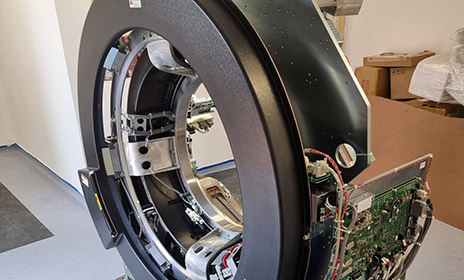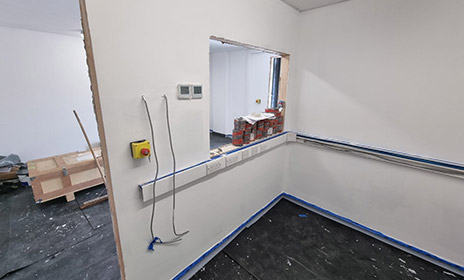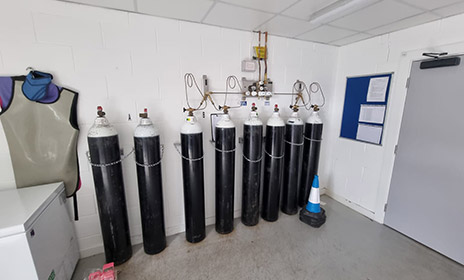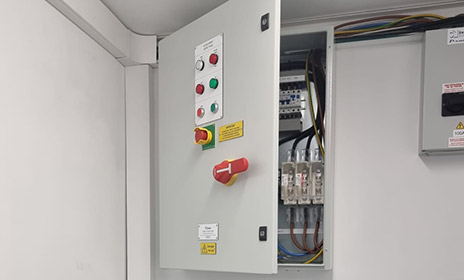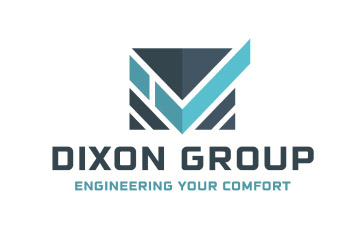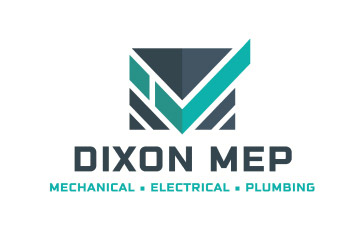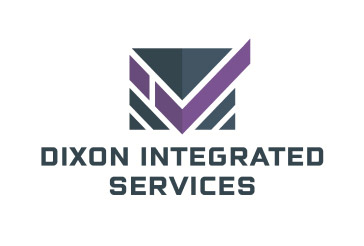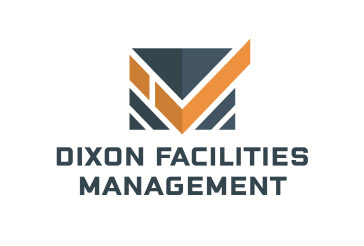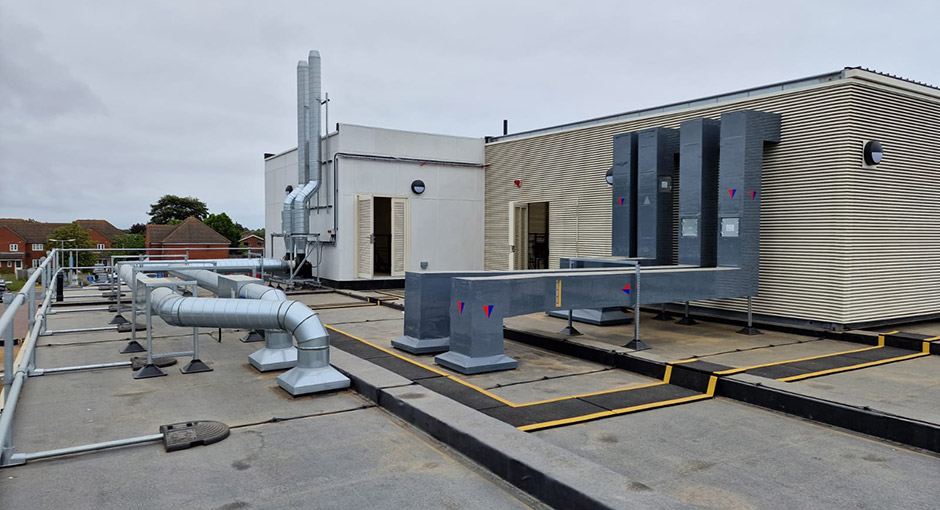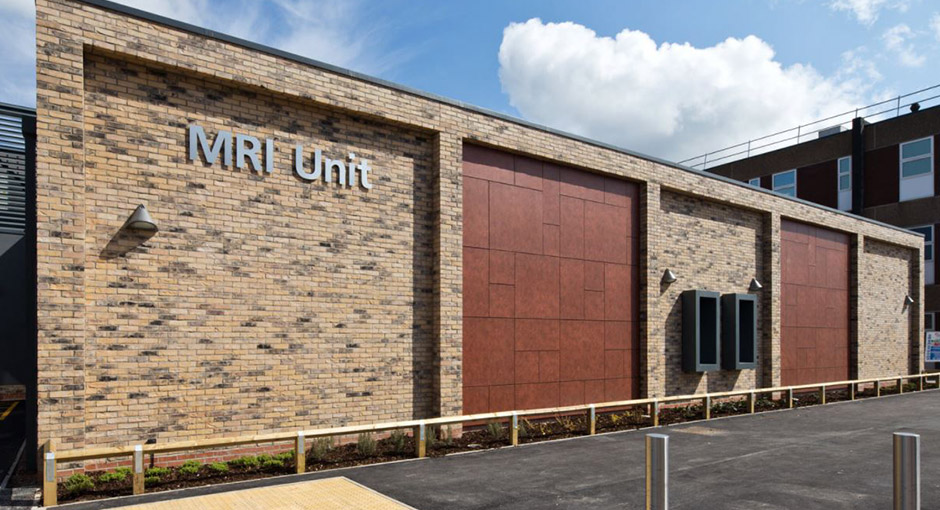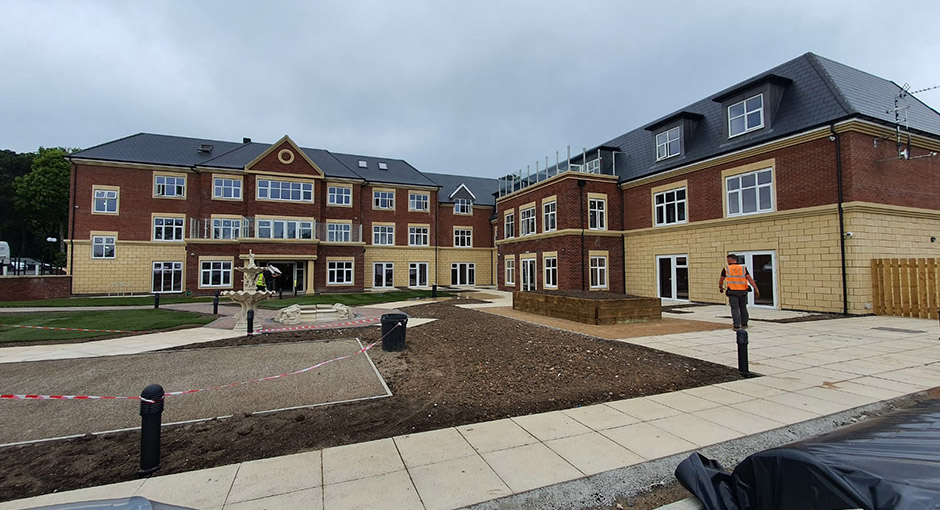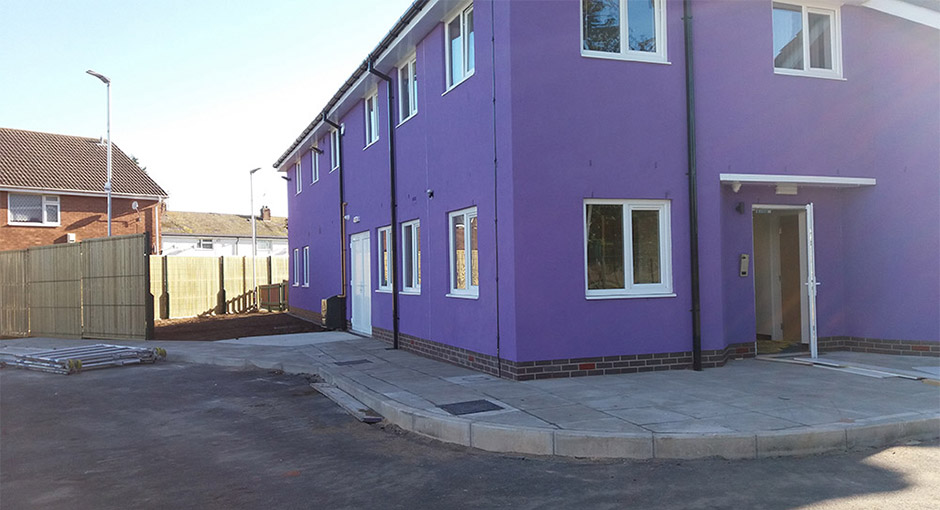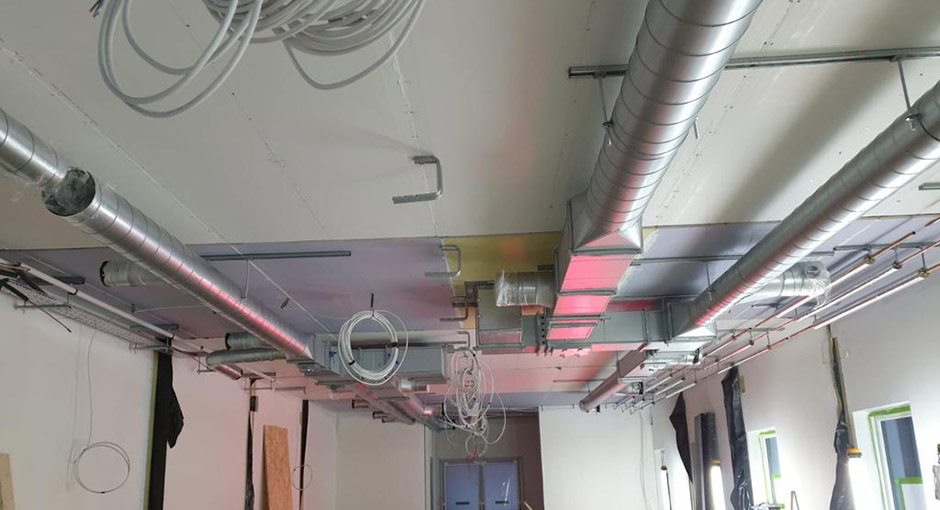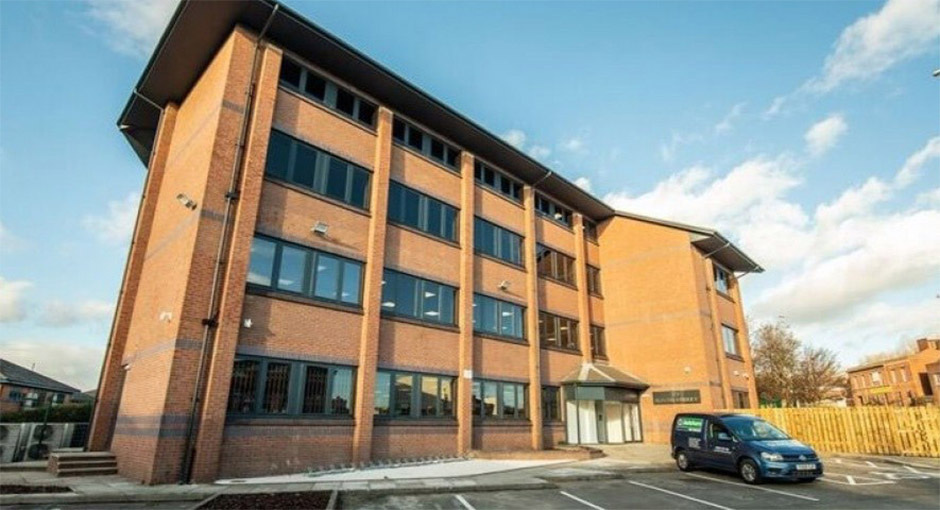Specialist CT scanning room built for Wicstun Veterinary Group
Dixon Group has completed the build of a specialist new facility at an East Yorkshire veterinary business to ensure staff can safely conduct examinations on animals using a new state-of-the-art CT scanner.
The build project, completed by the Dixon’s dedicated Facilities Management team, required specialist materials and installations throughout to ensure that safety standards relating to the use of x-ray radiation are met.
It has included installing lead-lined ceilings and walls for both the scanning room itself, and an internal booth in which staff using the facility, at Wicstun Veterinary Group in Market Weighton, can safely sit to conduct the process and access images.
Air conditioning systems have also been installed into both the main scanning room and staff booth – essential when considering the heat generated when the scanner is used.
A three phase electrical supply was also required, given the huge amount of power used.
Images from the scanner can be immediately viewed by all staff, not only at Market Weighton but also at centres in South Cave and Pocklington, as they are shared across the veterinary computer network.
Carl Rendle, contracts manager at Dixon Facilities Management, said: “This has been a specialist project for our team and one in which we have transformed a basic store room into a highly-specified, high-performance facility.
“Every aspect of a room from which a CT scanner is to be operated has to be built with the highest safety standards to protect all who use it.
“This has ranged from installing specialist vinyl flooring to prevent static build up, to constructing the ceilings and walls with extra thick plasterboard, and additionally lined with lead to prevent any radiation leakage.”
Dixon Facilities Management managed all aspects of the project, including contracting specialist companies to move and install oxygen tanks into an adjoining room to be used on sedated animals during surgical procedures, as well as sourcing all the materials required, such as the extra thick, lead-backed plasterboard.
“One of the biggest challenges with this project has been in sourcing the specialist materials, as they are currently in high demand. But it is something our team had in hand and planned into the works schedule to ensure the work was not delayed,” added Mr Rendle.
Following final installation and handover, the scanner will be tested and approved for use by a radiology specialist, before staff are trained on how to use it.
